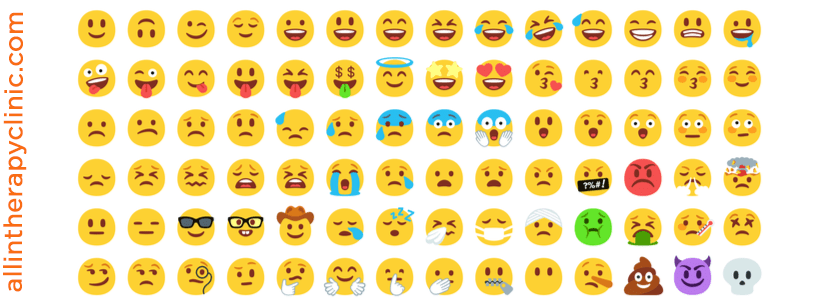There are lots of potential reasons why people experience emotional dysregulation.
As mentioned above, mental health conditions like BPD, ADHD, and ASD can all make one more prone to trouble regulating their emotions. There are other possible causes, though, including the following:
Early Childhood Trauma
If a child is abused or neglected by a caregiver early in their life, they may be more prone to emotional dysregulation.
This may have to do with the fact that abuse and neglect can contribute to some mental health conditions, such as Complex PTSD.
Early trauma can be a significant contributor to adult mental health issues.
Parental Example
What happens when parents don’t model healthy emotional regulation and expression? Their children are more likely to have problems regulating their own emotions.
Children may assume that it’s normal to have over-the-top reactions. As a result, they will continue practicing that behavior as they get older.
Traumatic Brain Injury
According to the Model Systems Knowledge Translation Center, people who have experienced a concussion or another brain injury may be more prone to emotional dysregulation. This can lead to having trouble calming down when they’re angry or frustrated. Traumatic Brain Injury (or TBI) can also cause mood swings too.
Unhealthy Relationships
Unhealthy relationships can include friends, family, or romantic partners. These relationships can impact one’s emotional health, for better or worse.
Traumatic romantic relationships can significantly affect people’s mental health. Poor patterns learned from friends, family members, or co-workers, can also create mental health issues.
Also, turbulent conflict styles can lead to poor patterns later in life.
It is important to understand that our relationships influence our behaviors.
